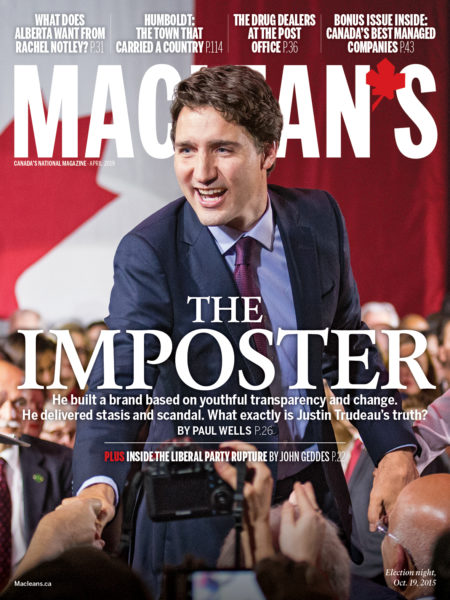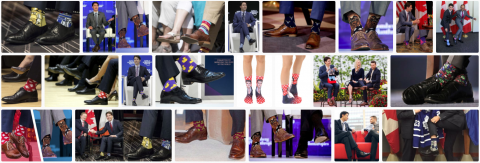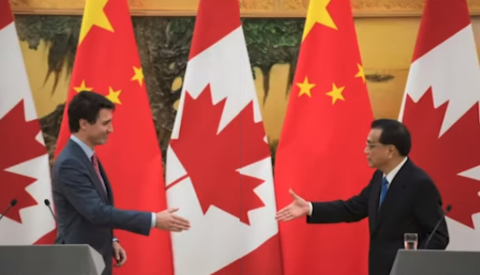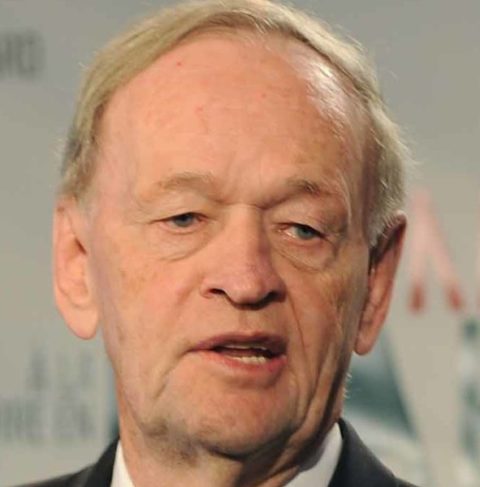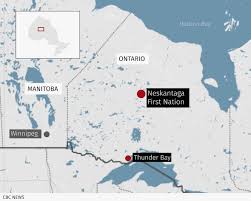Over at The Line, they’ve had to double the number of fainting couches available for overwhelmed and emotionally depleted staff members after discovering that the ongoing military leadership scandal goes up to the man at the top, Justin Trudeau himself:
We told you a week ago about the sexual misconduct scandal(s) at the very top of the Canadian Armed Forces. Army General Jonathan Vance recently retired after serving as the chief of the defence staff, the highest post in the military. Shortly after, Global News reported that he had faced two allegations of inappropriate sexual conduct during his career. Then, Vance’s successor was also required to step aside while being investigated for allegations of a sexual nature.
This is embarrassing for the military, but as we noted last week, there’s danger here to the government — Defence Minister Harjit Sajjan was told about the allegations against Vance, and passed that up the chain of command … meaning the PM knew, and did nothing.
Whoa, whoa, whoa. You mean Justin Trudeau might have not lived up to his own self-branding and may have even — this is hard to even type — fallen short of the standard he sets for others?!
OK, OK. We had to sit down a minute there and catch our breath. It’s all just so much to take in. The government clearly knows it’s in trouble. Sajjan gave some testy testimony in which he said that it would have been inappropriate for him take an active role in any investigation. This is an awfully god-damned novel interpretation on ministerial responsibility that we’re excited to see become even dumber as this unfolds. The PM, for his part, has adjusted his ass covering; where once he said that he was not aware of the allegations against Gen. Vance, he now admits he was told in 2018, but says he did not know the details.
Think about that for a minute. The prime minister of Canada, the self-styled feminist prime minister of Canada, was told that the country’s top soldier, a man in a position of incredible power and authority, was accused of sexual misconduct, and … that’s it? Like he didn’t ask any questions? Give the old general a buzz and ask what’s up? A government that tried to sink an admiral in a case so flimsy it collapsed once readily available facts came to light couldn’t be bothered to find out if all that smoke around the general may have been from a fire?
This is, remarkably, not even the funny part. Everything above is embarrassing and awful and pathetic, but it actually gets worse.

